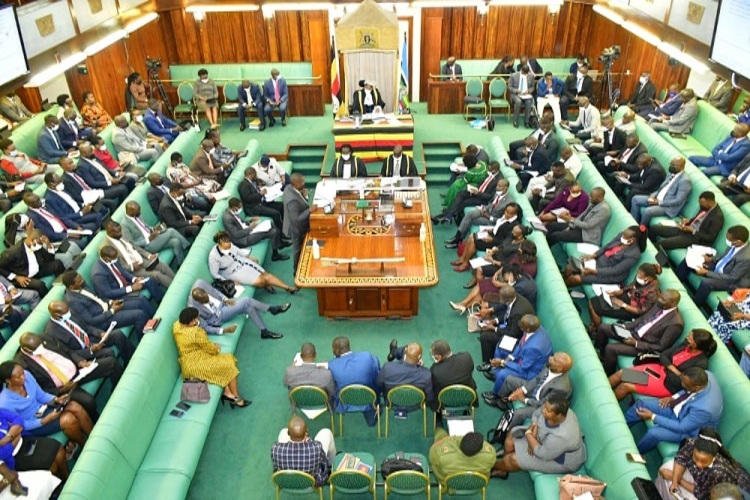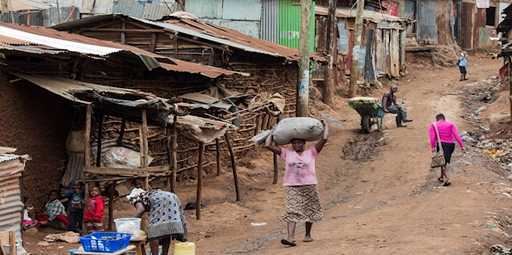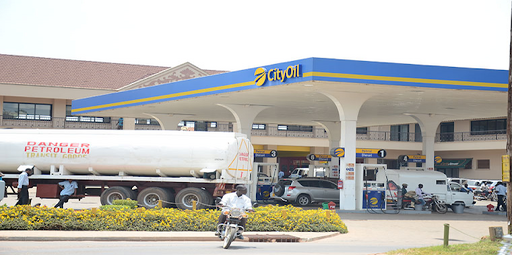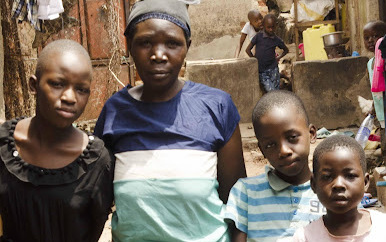The book Genesis relays a story of a Pharaoh who had a dream that foretold the seven years of bountiful harvest and seven years of famine. Having received interpretation from Joseph, a Jewish prisoner, the Egyptian king at once gave him all power to ensure that he averts the brunt of the impending famine. The young prime minister started filling the silos with grain in times of plenty to buffer the country’s food supply. Indeed, the Pharaoh’s decision proved wise when famine enveloped the lands and the people of Egypt were cushioned from starvation.
All evidence shows that Uganda has not picked the lesson of this Biblical story! As we speak, Ugandan businessmen are bracing for the worst in anticipation of the Kenyan polls in August. The leadership of Kampala City Traders’ Association (KACITA), has advised its members to prepare to use the longer central corridor when transporting their goods to avoid the losses that may result in complete loss of goods.
"Block Quote"
This is not new for the government since Kenya holds elections yearly. However, one who has studied the situation in Kenya will know that these are not so-ordinary polls. Kenyans face an election that could potentially lead to a change in leadership. With the escalation of political threats among contenders in Kenya, there is a need to worry—like the saying goes, once beaten twice shy. Kenya’s 2007 presidential polls were tumultuous, to say the least, with demonstrations shaking the country. Trucks carrying Ugandan borne goods and fuel were burnt or looted, and businessmen lost millions of shillings in the process. Fuel supply from Mombasa was cut off and the price of a litre mounted to ten thousand shillings. For an economy largely dependent on fuel for production and transportation of goods, this hit the economy hard. Commodity prices reached a record high, businesses were driven out of the market, and poverty bit even harder. The businessmen who lost billions of shillings are yet to receive their compensation as their court case arising out of the 2007 chaos is still on appeal in Kenya.
A month ago, fuel prices shot up due to the industrial action of truck drivers who protested expensive double COVID tests in Kenya and Uganda. Overnight, the fuel prices skyrocketed partly due to hoarding by some private actors and the meagre fuel reserves that could not meet the daily national demand. As already mentioned, the fuel price is directly proportional to the price of commodities in Uganda. The landlocked nature of our country dictates that we depend on the service of foreign ports like Mombasa and Dar es Salam. This means that peace in these countries is of critical importance to Uganda. However, more importantly, Uganda needs to put in place government-controlled fuel buffers that can meet the country’s fuel demand for a considerable time. The current fuel buffers can only meet a national fuel demand of only ten days. This means that should Kenya have a repeat of the 2007 scenario for just three months, we would have a painful fuel crisis and a long-standing commodity price increase. The alternative to the Mombasa port is the central corridor route that connects Uganda to the port of Dar es Salam in Tanzania.
The reason why ninety per cent of Uganda’s cargo passes through the northern corridor connecting to the port of Mombasa and not Dar es Salam is because it is more expensive to use the central corridor than the northern corridor. It costs about 17.9 million shillings to transport a 20 feet cargo through the central corridor while it costs only 14.4 million shilling for the same container to use the northern corridor. If the importing traders in Kampala choose to use the central corridor, the increased cost of transportation will lead to the further hiking of commodity prices. Further, if Uganda’s fuel trucks also use the central corridor, there will be a corresponding increase in the already high fuel prices and a more devastating commodity price increase. The government’s failure to follow up on its 2008 pledge to construct fuel reserves has brought Uganda to this point. One of the core functions of a government is to provide economic security to its people and to ensure that the population is in a more advantageous position to sustain itself. With the Russo-Ukrainian war still raging and its impact on the global fuel supply, coupled with the potentially chaotic Kenyan elections, Uganda is on an economic time bomb.
Even when the predictable chaos in Kenya does not occur, it is highly perilous for a landlocked country whose economic structure depends on fuel not to have fuel reserves that can meet national demand for at least six months. This wisdom should also be extended to other critical sectors of the country to reduce its vulnerability in the face of crisis. For many years, Uganda has been grappling with the issue of famine that intermittently hits different areas in Uganda and causes starvation and untold food shortage. Notwithstanding the recurrence of this hazard, the government has never thought it fit to put in place functional food silos. This explains the intermittent hunger crises that face some parts of the country notwithstanding the country’s ability to feed itself and leave enough for export. The leadership of this country must adopt the Pharoah-Joseph approach, especially in regard to resources that are of critical importance to the country. The construction of critical resource reserves serves a litany of advantages to the country.
Perhaps the most important rationale for these reserves makes is that they would make Uganda more resilient to external shocks. It would save the economy from taking hits resulting from abrupt increases in fuel prices that happen overnight because of industrial action or minor instabilities in Kenya. Reserves would save small and medium enterprises from economic shocks, which could potentially drive them out of business. There is a need to curb the high mortality rate of businesses in Uganda, and this can be partly done by eradicating volatility in the economy. Resource buffers afford the government enough time to plan for the country in times of crisis so that the real impact of the disaster can be ameliorated when government maps out alternatives. By saving the country from immediate economic shocks, businesses are given time to adjust accordingly, making them more capable of withering economic storms. As long as we still have a volatile economic sector that is easily brought to its knees by industrial action or instability elsewhere, efforts of lifting people out of poverty remain will remain a dream.
The Ugandan government needs to divorce itself from the proclivity of handling crises as they happen and seek to prevent or plummet their impact before they occur. A disaster-ready nation is one that prospers, one whose ability to deal with challenges with a limited and controlled impact. Our economy needs to be carefully managed and shielded from preventable risks and disruption. This is the only way we can transition to middle-income status and beyond in a considerably short period of time.









0 Comments